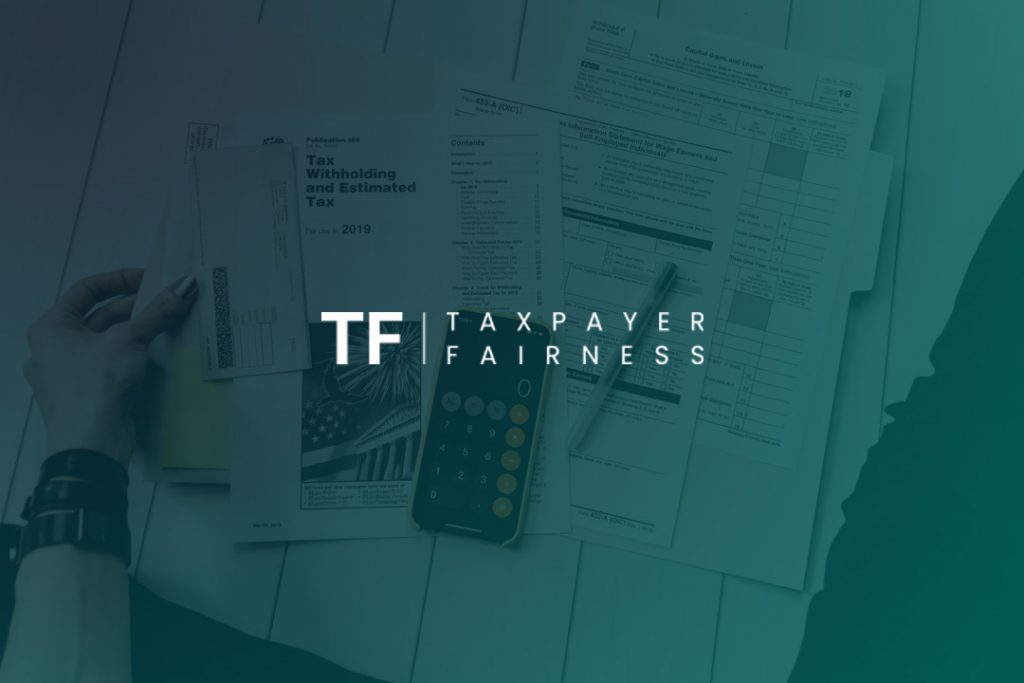Bringing about change in a democracy like the UK doesn’t happen by spending a few seconds simply clicking on a digital petition. Nor will writing one letter to your MP achieve much. Successful campaigning and seeking positive change requires a professional approach and hard graft, says Dave Chaplin, founder of Taxpayer Fairness, a long-term campaigner for the flexible workforce.
What does good campaigning look like?
First, some considerations:
- Many people want change, but change won’t happen by standing on the sidelines moaning, signing digital debates, or whinging on social media. Expecting someone else to make it happen for you won’t work.
- Legislative change happens when Parliament decides to make it happen. Therefore Members of Parliament (MPs) need to be onside and agree with the considered factual-based argument.
- Members of Parliament care about their constituents and keeping their seats, so unless they are made aware of the issues by their voters, they are unlikely to be interested. MPs are very busy people, and fighting for their attention is hard.
- Some MPs will pick up issues they care about, even though constituents do not drive it. But this is quite rare.
- Many campaigns are fighting for attention. If a problem isn’t in the newspapers, then from an MP’s viewpoint, it does not exist.
- The arguments for the change must be rational and considered and appeal to all parties.
- Trying to encourage a fresh bill onto the Parliamentary timetable is very hard. It’s much more complex than amendments to existing bills moving through Parliament.
- Repealing or changing primary legislation is extremely difficult. Once it’s in, it tends to stay that way—especially finance acts.
- The Government (party in power) won’t care too much about the issue unless it hits the mainstream press and has lots of support from the public, especially their voters.
- Campaigns need to be timed well because they are hard to sustain, and the public can get bored of them, and the campaigns can then wither and die.
- Campaigners need large numbers of people to take action – they cannot bring about the change on their own. It has to come from the people who are affected by making noise.
If you’ve got this far, you will have realized that the main objective of campaigning: Getting noticed and continuing to get noticed.
Contacting your MP
“But I wrote a letter to them, and they just ignored it.”
It would be more effective if you did more.
MPs are very busy and have clerks who work for them. An MP will not read everything sent to them. There is too much of it. The clerk will read the letter and, in most cases, will respond using the Government central (or party-central) boilerplate response.
Warning: Do not attempt to use a template letter where every person sends the same thing. It will not be dealt with seriously. If you are struggling with core arguments, ask the campaign director, but don’t ask for template letters.
Here’s how to liaise with your MP:
- Write your first letter. Don’t rant. Be respectful and truthful, and lay out the facts without writing an essay. Explain how the matter affects you, why you are unhappy, and what might be an easy solution.
- The MP will write back to you (probably their clerk), and you will have the standard boilerplate response.
- Write a second letter: Deal with the untruths in the response, say you are unhappy, and lay out some more facts with references to support your arguments. Explain that you would like the MP to liaise with a Minister, e.g. the Chancellor, and explore further and come back to you.
- You should get a second response. This will be more boilerplate.
- You write a third letter and deal with any mistruths using factual truths. Don’t make anything up and get all emotional. Stick to the facts. Importantly – you ask for a meeting with the MP and suggest some times they might be available.
- Either the clerk will get back to you, or you will need to call the MP’s office and book a meeting with the MP. MPs have to have surgeries and speak to constituents. It might simply be a quick call.
- The 3-Ps. Preparation, preparation, and preparation. Before the meeting, send the MP a one-page briefing on the issue. Include extra information and references, but focus on the one-pager. MPs live on one-page briefings.
- Meeting: Say what the issue is, why the responses have incorrect facts, what is happening, and why it affects you and many others. Agree on a date by which the MP will get back to you.
- Chase.
- Do point 9 until you get a response.
- If there is no response, speak to the clerk.
If you have got this far, you will likely work out how to carry on – just more of the same. Press home the points. Provide evidence where needed. Follow the news, follow the campaign leader, and keep writing and sharing insights with your MP.
Campaign teams
A campaign team will need at least three people:
- The founder knows all the arguments and can help get the material created.
- Professional campaigner. A person who helps with MP liaison ensures the MPs get what they need. Manages social media – lots of that will be needed. Helps organise protests and MP days at Parliament.
- Clerk: Someone who manages all the supporters, helps rally them, communicates with them, and supports them in speaking to their MPs.
The campaign will also need a website, and funding – experts do not work for free. From experience, we estimate a small campaign needs a budget of at least £10K per month to be effective.
Focus
Build some campaign narratives – which need to be simple. Sometimes you want something to “stop” or “end” etc. State what you want. Build some powerful messaging that will resonate with people and MPs.
Be truthful.
And finally
You now know what doing almost nothing achieves – nothing – and what proper effective campaigning looks like.
If you care about fairness for taxpayers, please register with us.
We are in the early phases but plan to make a difference.


